Melchior Lengyel
Nascimento : 1880-01-12, Balmazújváros, Hungary
Morte : 1974-10-23
História
From Wikipedia, the free encyclopedia. Lengyel was born Lebovics Menyhért in Balmazújváros, Hungary. He started his career as a journalist. He worked first in Kassa (Košice), then later in Budapest.
His first play, A nagy fejedelem (The Great Prince) was performed by the Thalia Company in 1907. The Hungarian National Theatre performed his next drama A hálás utókor (The Grateful Posterity) in 1908 for which he received the Vojnits Award from the Hungarian Academy of Sciences, given every year for the best play. Taifun (Typhoon), one of his plays, written in 1909, became a worldwide success and is still performed today. It was adapted to the screen in the United States in 1914.
His articles were often published in Nyugat (West), the most important Hungarian literary journal in the first half of the 20th century. During World War I, he was sent to Switzerland by the Hungarian daily newspaper Az Est (The Evening) as a reporter. His pacifist articles and other publications written in 1918 were also published in German and French papers and were collected in a book called Egyszerű gondolatok (Simple Thoughts).
His story "The Miraculous Mandarin" (in Hungarian: A csodálatos mandarin), a “pantomime grotesque” came out in 1916. It is the story which inspired Béla Bartók, the famous Hungarian composer, to create in 1924 the ballet The Miraculous Mandarin.
After World War I, Lengyel went to the United States for a longer stay and published his experiences in 1922 in a book Amerikai napló (American Journal). In the 1920s, he was active in the film industry. For some time, he was story editor at May-Film in Berlin. In 1929/30, he was co-director of a Budapest theatre. In 1931, he was sent by the Hungarian newspaper Pesti Napló (Pest Journal) to London as its reporter. The story of his Utopian novel A boldog város (The Happy City) came out in 1931; it was set in an American city that lay in the depths of a chasm created by the great Californian earthquake.
He moved to Hollywood, California in 1937 and became a screenwriter. Some of his stories became worldwide successes, such as Ninotchka (1939), for which he was nominated for the Academy Award for Best Writing, Original Story, and To Be or Not to Be (1942).
Lengyel returned to Europe in 1960 and settled down in Italy. In 1963, he received the Great Award of Rome for his literary works.
After the Hungarian Revolution of 1956, Lengyel often visited Hungary and wanted to repatriate to his country. However, some weeks after his returning in 1974, he died in Budapest at the age of 94.
The city library of Balmazújváros, his native town, was named after him in 2004. A complete list of Lengyel's works as well as the articles and references about him and his publications were compiled by one of the librarians on this occasion.
Description above from the Wikipedia article Edwin Justus Mayer, licensed under CC-BY-SA,full list of contributors on Wikipedia.

Story
Mel Brooks comprova que é realmente um tesouro magnífico com sua engenhosa e incrivelmente engraçada refilmagem do clássico de Ernst Lubitsch de 1942. Corretamente descrito como "mundialmente famoso na Polônia", o astro dos palcos Frederick Bronski (Brooks) apresenta Pérolas de Hamlet, enquanto sua sedutora esposa e companheira de palco (Anne Bancroft) diverte-se nos camarins com um jovem e encantador aviador (Tim Matheson). Mas tudo isso é interrompido quando a Trupe Teatral de Bronski é alistada para enganar os nazistas e salvar a resistência polonesa. Miraculosamente desafiados por seus duvidosos disfarces, imitações e números musicais estão um amoroso coronel da SS (o indicado ao Oscar®, Charles Durning) e seu terrível colaborador polonês (Jose Ferrer).

Screenplay
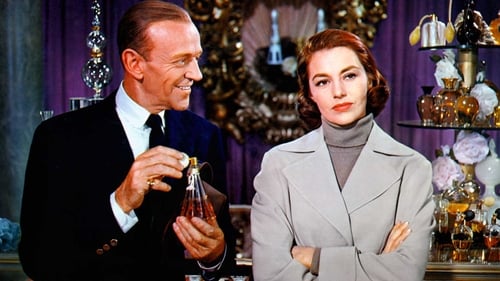
Writer
Um remake musical de Ninotchka: Depois de três desastrados agentes soviéticos falharem em sua missão de recuperar um compositor soviético perdido de Paris, a bela e ultra-séria Ninotchka é enviada para salvar a missão e recuperá-los. Ela começa condenando o Ocidente decadente, mas gradualmente cai sob o seu feitiço, com a ajuda de Steve Canfield, um produtor de cinema americano. (e Livre - Estimado Livre)

Theatre Play
Catherine the Great falls in love with an army officer who is plotting against her.
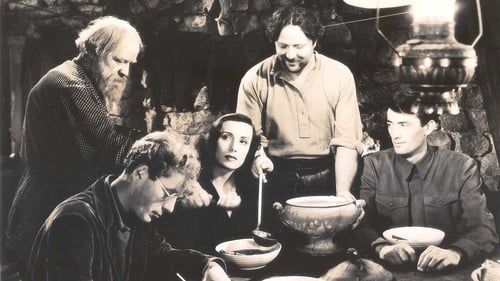
Story
A heroic guerilla group fights back against impossible odds during the 1941 Nazi invasion of Russia.
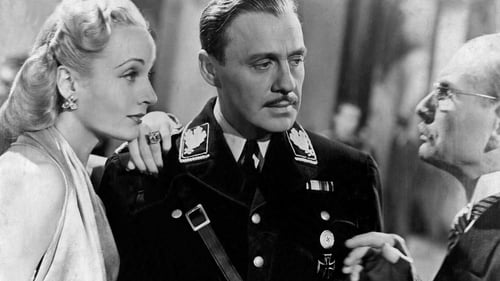
Original Story
Durante a Segunda Guerra Mundial, na Polônia ocupada pelos nazistas, um grupo de atores de teatro deve ajudar a evitar que um espião, que possui informação sobre a resistência polonesa, entregue-a aos alemães.
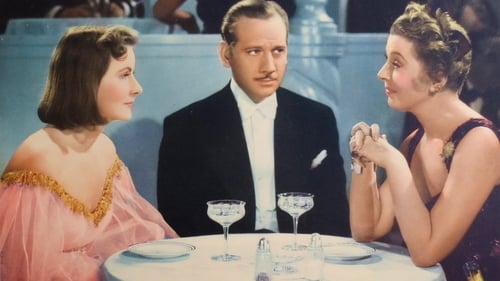
Story
Nina Yakushova (Greta Garbo), comissária do governo soviético, é mandada a Paris para averiguar o comportamento de três representantes do governo que têm como missão negociar uma jóia. Aos poucos sucumbe ao capitalismo e a Leon d'Algout (Melvyn Douglas), um galanteador francês que está apaixonado por ela.

Author
Uma mulher e seu marido tiram férias separadas e ela se apaixona por outro homem.

Theatre Play
The famous singer Antonia left the stage to marry a country gentleman. She goes alone one day to Budapest to see again the operetta which revealed her and outlines a flirtation with an aviator engaged to her niece. The presence of mind of the latter pleasantly closes the adventure.
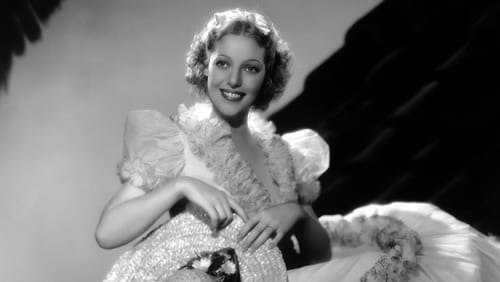
Writer
A countess marries a Gypsy fiddler instead of a baron's son at harvest time in Tokay wine country, Hungary.

Story
Princess Wilma is forced to wed by midnight or lose her inheritance. She impulsively chooses gypsy vagabond Latzi, offering him a huge sum of money if he'll consent. Swallowing his pride, Latzi agrees to the marriage, but soon the coy Countess falls in love with young Lieutenant de Tokay, who is himself in love with Latzi's gypsy sweetheart Tinka.
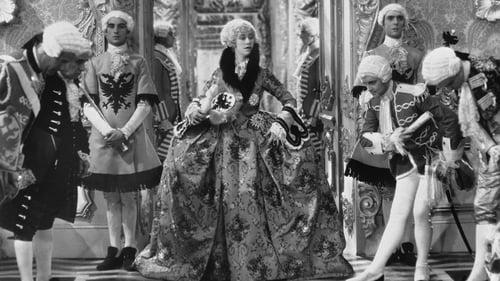
Continuity
The woman who will become Catherine the Great marries into the Russian royal family when she weds Grand Duke Peter, the nephew of Empress Elizabeth. Although the couple has moments of contentment, Peter's cruel and erratic behavior causes a rift between him and Catherine. Mere months after Peter succeeds his aunt as the ruler of Russia, a revolt is brewing, and Catherine is poised to ascend to the throne as the country's new empress.

Theatre Play
The woman who will become Catherine the Great marries into the Russian royal family when she weds Grand Duke Peter, the nephew of Empress Elizabeth. Although the couple has moments of contentment, Peter's cruel and erratic behavior causes a rift between him and Catherine. Mere months after Peter succeeds his aunt as the ruler of Russia, a revolt is brewing, and Catherine is poised to ascend to the throne as the country's new empress.

Story
The woman who will become Catherine the Great marries into the Russian royal family when she weds Grand Duke Peter, the nephew of Empress Elizabeth. Although the couple has moments of contentment, Peter's cruel and erratic behavior causes a rift between him and Catherine. Mere months after Peter succeeds his aunt as the ruler of Russia, a revolt is brewing, and Catherine is poised to ascend to the throne as the country's new empress.

Writer
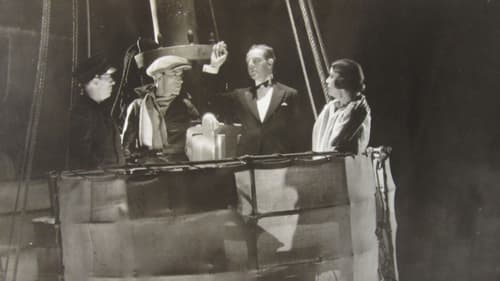
Story
On board a yacht sailing from India to Britain, the owner of the vessel is murdered by one of the passengers. (This film was produced both in full sound and silent versions, the latter for theaters that had not yet been wired for sound.)

Writer

Writer
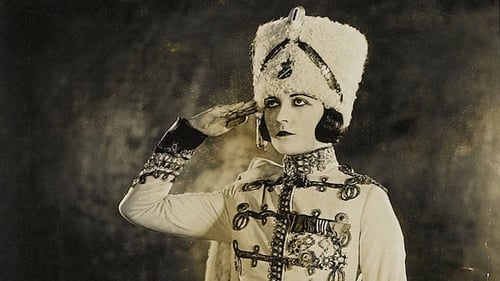
Theatre Play
Film based on the Lajos Biró play, directed by Ernst Lubitsch.

Writer
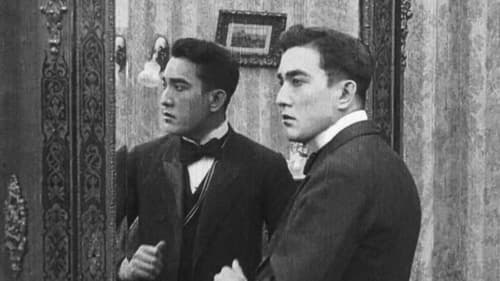
Story
Tokoramo, a Japanese diplomat on a mission to Paris, begins a love affair with Helene, a chorus girl, who subsequently rejects her American fiancé, Richard Bernisky. When the Japanese discover the affair, they try to force Tokoramo to end it, but Helene refuses to stop visiting him. One night, during one of her visits, Bernisky comes to Tokoramo's apartment and, while Helene hides, rebukes her to her lover. After Bernisky leaves, Tokoramo orders Helene out, but when he realizes his love for her, he calls her back. Suddenly, she rejects and insults him to the point that he strangles her. Tokoramo wants to confess his crime, but he must complete his work, and so his countrymen sacrifice a boy, Hironari, who pleads guilty to the murder and eventually is guillotined. In the end, Tokoramo also dies and his colleagues burn his valuable papers in order to protect Japan. -From the TCM.com Database, powered by the AFI.

Theatre Play
Tokoramo, a Japanese diplomat on a mission to Paris, begins a love affair with Helene, a chorus girl, who subsequently rejects her American fiancé, Richard Bernisky. When the Japanese discover the affair, they try to force Tokoramo to end it, but Helene refuses to stop visiting him. One night, during one of her visits, Bernisky comes to Tokoramo's apartment and, while Helene hides, rebukes her to her lover. After Bernisky leaves, Tokoramo orders Helene out, but when he realizes his love for her, he calls her back. Suddenly, she rejects and insults him to the point that he strangles her. Tokoramo wants to confess his crime, but he must complete his work, and so his countrymen sacrifice a boy, Hironari, who pleads guilty to the murder and eventually is guillotined. In the end, Tokoramo also dies and his colleagues burn his valuable papers in order to protect Japan. -From the TCM.com Database, powered by the AFI.












